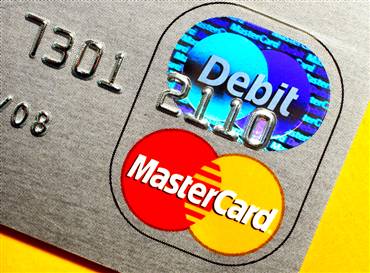
Plastic is becoming an increasingly popular way to pay for purchases. Whether you use a credit card or a debit card, you have the convenience of simply swiping a card and moving on your way. There is no need to carry large amounts of cash, or take the time to write out a check.
However, as much as credit and debit cards look alike, there are still some differences. The biggest difference is in how they are used, and where your money comes from:
Debit Cards vs. Credit Cards
Credit Card: This is actually a loan. A credit card represents your use of someone else’s money (i.e. the issuer of your card). You can avoid interest charges if you pay off the balance each month, but that doesn’t change the fact that a credit card account is a loan account. Being responsible with a credit card can help raise your credit score.
Debit Card: Instead of money that comes from someone else, a debit card accesses money that you already have in your checking account. You don’t have to pay interest on the amount, because it’s money that you already have, and it comes immediately out of your account.
Many people like debit cards because they don’t charge interest, and it’s a way of enjoying the convenience of plastic without borrowing money. And, because debit cards are usually branded with the logos of major payment processors (like Visa and MasterCard) they can be used anywhere that major credit cards are accepted.
You should realize, though, that with a debit card, you have the opportunity to overdraw your account. In some cases, if you don’t have the money for a purchase, the transaction will still be completed. You will have to pay a fee, but you might not be rejected, especially if you have overdraft protection. With a credit card, though, you could easily see your transaction rejected if you reach your credit limit.
One of the things you have to pay special attention to is the difference between fraud liability with credit cards versus debit cards.
Credit vs. Debit: Are You Truly Protected?
It’s important to understand the differences in fraud liability protection when it comes to credit cards and debit cards. Even debit cards branded with a major logo don’t have exactly the same fraud protections – even if the issuing bank touts its debit card fraud protection.
When your credit card is stolen and used, your liability for those fraudulent purchases is limited to $50. If you report the credit card lost or stolen before it is used, you aren’t liable for any purchases. On top of that, if your account number is stolen (you still have the card in your possession), by law you are not held liable for fraudulent purchases.
The situation is a little different when it comes to debit cards. You will need to check with your issuing bank in order to be sure of the policy (some banks waive liability altogether with a branded card), but here is what the law requires regarding fraud liability with a debit card:
In order to limit your liability to $50 with a lost or stolen debit card, you need to contact the issuer within two business days. Otherwise, you might have liability up to $500.
For unauthorized charges (card information stolen, but you still have the debit card), you must report the fraud within 60 days of receiving the offending statement. If you miss this deadline, you might not have any liability protection, resulting in unlimited losses.
This means that you need to be on top of things with a debit card. When traveling, and in other situations, you might be better off to use your credit card. You should also realize that using a PIN with your transactions can create a situation in which it may be stolen. Identity thieves can take video of you entering your PIN at a grocery store. There are also devices that can be put on ATMs that can capture you PIN as you enter it. You need to be extra careful when using a debit card with PIN. Also, double check your checking account statements each month and reconcile them so that you can catch fraudulent charges quickly.
In the end there are good reasons to have both a credit card and debit card, but for using a card on a regular basis a credit card will protect you better in terms of fraud liability. Check out our tips for choosing a credit card.

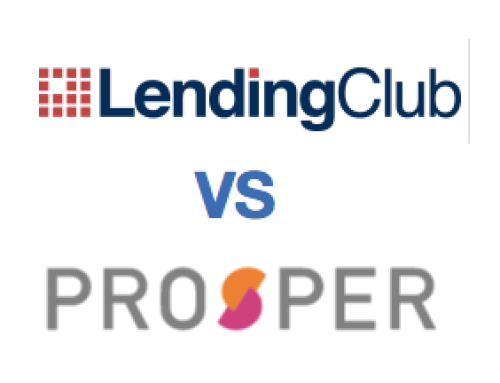
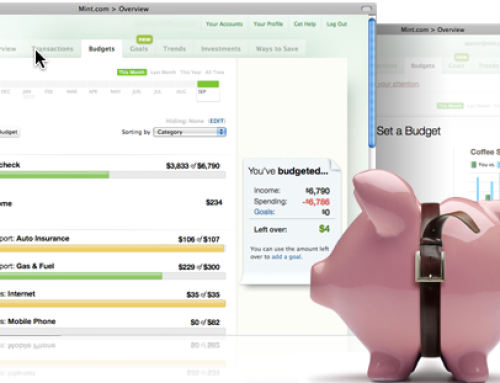
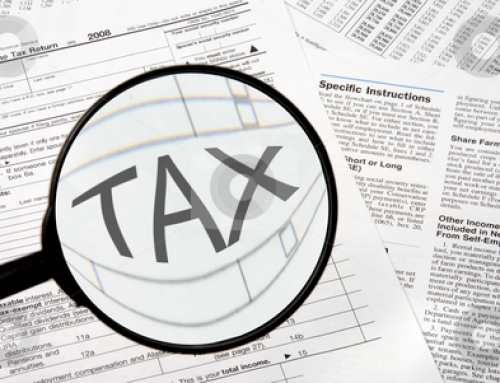
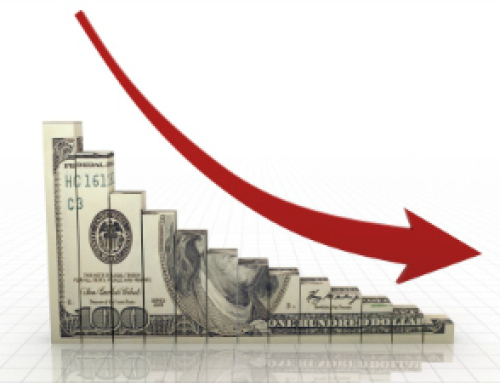








Follow Us